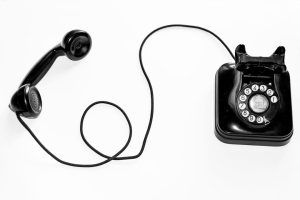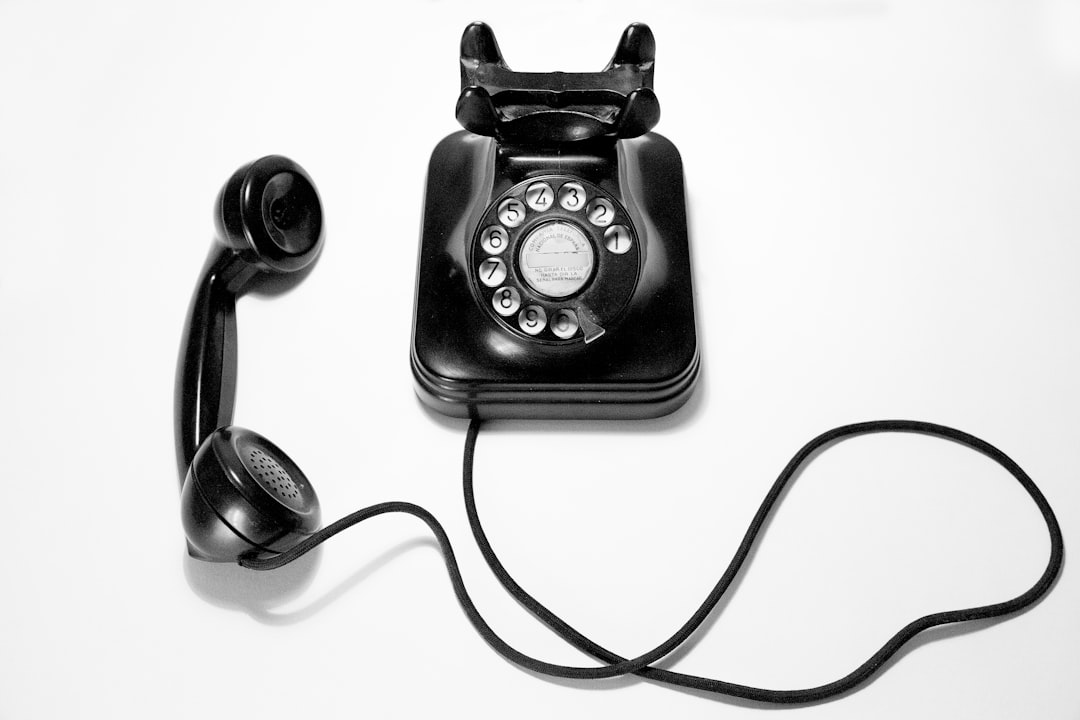Utah's Spam Call Law protects residents from unwanted commercial phone calls, prohibiting blocking or obscuring caller ID info and defining spam as unsolicited, commercially motivated calls with prerecorded messages. A specialized Spam Call law firm in Utah guides consumers and businesses on compliance, avoiding legal issues, and maintaining a peaceful digital communication environment. Violations include concealing caller ID and using automated systems, with fines up to $10,000/day. Exemptions exist for emergency, non-commercial survey, and debt collection calls, but strict rules apply. Legal recourse from Spam Call law firm in Utah protects rights and secures justice for violators.
In Utah, the Spam Call law firm protects residents from unwanted telephone solicitations. Understanding Utah’s strict spam call laws is crucial to avoid violations that can lead to significant fines. This article delves into what constitutes a Caller ID blocking violation, explores legal consequences for non-compliance, and highlights exemptions for permissible calls. Learn about your rights and available legal recourse against violators of Utah’s spam call protection rules.
Understanding Utah's Spam Call Laws

In Utah, the fight against spam calls is regulated by state law, specifically targeting telemarketers and their practices. The Utah Spam Call Law aims to protect residents from unwanted and deceptive phone calls, ensuring a peaceful environment free from nuisance communications. This law is particularly stringent when it comes to caller ID blocking, as it prohibits businesses and individuals from using any device or means to block, obscure, or suppress the display of a telephone number on a caller ID device.
Under this legislation, a “spam call” is defined as an unsolicited phone call made for commercial purposes, often with the use of prerecorded messages or automated dialers. A law firm specializing in Utah’s Spam Call Law can guide residents through their rights and responsibilities, helping them navigate potential violations and ensuring compliance to avoid legal repercussions. Staying informed about these laws is crucial for both consumers and businesses alike to maintain a harmonious digital communication landscape.
What Constitutes a Caller ID Blocking Violation?

In Utah, a Caller ID blocking violation occurs when an individual or entity intentionally blocks, obscures, or manipulates their caller ID information with the intent to deceive or avoid legal responsibility. This includes situations where calls are made from numbers that appear as “Unknown,” “Private,” or other non-identifiable sources, if it can be proven that the caller deliberately hid their identity. Utah’s Spam Call law firm regulations aim to protect consumers from misleading or deceptive practices related to phone communications.
Under this law, businesses and individuals are prohibited from using automated systems or prerecorded messages in conjunction with blocking their caller ID. Additionally, any entity that makes a call with the knowledge or intent to avoid identification, or to evade legal consequences for previous calls, may be considered in violation. These measures are designed to ensure transparency and accountability in phone communications, especially as Utah’s Spam Call law firm continues to update regulations to keep pace with evolving communication technologies.
Legal Consequences for Non-Compliance

The consequences of violating Utah’s Caller ID blocking laws can be severe, especially for businesses and call centers engaging in spam calls. Non-compliance can lead to significant financial penalties, with fines reaching up to $10,000 per day for repeated offenses. This is a stark reminder that businesses must implement proper procedures to ensure their calling practices adhere to Utah’s strict anti-spam legislation.
Lawyers specializing in telecommunications law in Utah are often sought after by individuals and companies facing such charges. These legal experts can guide clients through the complex regulations, help them understand their rights, and build a robust defense strategy if necessary. A spam call law firm in Utah is well-equipped to navigate these legal waters, ensuring businesses avoid costly mistakes and stay protected under the state’s privacy laws.
Exemptions and Permissible Calls

In Utah, certain calls are exempt from caller ID blocking regulations. These exemptions include calls made for emergency purposes, non-commercial survey or research purposes, and calls placed by a debt collector trying to collect a debt. Additionally, businesses may use automated dialing systems to make sales or marketing calls as long as they comply with the state’s Spam Call law firm Utah guidelines.
Despite these permissible calls, there are strict rules regarding how and when these exemptions apply. For instance, while debt collectors can call without displaying their identity, they must still adhere to specific consumer protection laws. Businesses conducting sales or marketing calls must ensure their automated systems respect consumer choices to opt-out of such calls. Understanding these exemptions is crucial for both individuals seeking to protect themselves from unwanted calls and businesses aiming to operate within Utah’s legal framework.
Protecting Your Rights: Legal Recourse

If your rights have been violated due to caller ID blocking, it’s crucial to understand your legal options. In Utah, there are strict regulations in place to combat spam calls and protect consumers from unwanted communication. A Spam Call law firm in Utah can help you navigate these complexities. They specialize in identifying violators and securing justice for victims of such practices.
Seeking legal recourse is an important step in standing up against caller ID blocking violations. These experts are well-versed in Utah’s laws and can guide you through the process, ensuring your rights are upheld. By taking action, you not only protect yourself but also contribute to a safer, less cluttered communication environment for all Utah residents.






